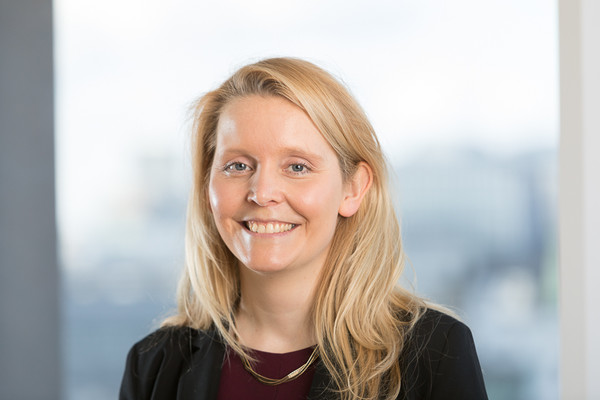The Sub-Committee on Pollution Prevention and Response (PPR 8) met virtually for its 8th session from 22-26 March 2021. The session was chaired by Dr. Flavio da Costa Fernandes (Brazil). The PPR Sub-Committee deals with matters relating to pollution prevention and response within the International Maritime Organization’s (IMO) remit. This ranges from all annexes of the International Convention for the Prevention of Pollution from Ships (MARPOL) through to the control and management of harmful aquatic organisms in ships' ballast water and sediments; biofouling; antifouling systems; pollution preparedness, response and cooperation for oil and hazardous and noxious substances; and the safe and environmentally sound recycling of ships. Key issues discussed at PPR 8 included:
Risks of use and carriage of heavy fuel oil on board ships in Arctic waters
The Sub-Committee considered draft guidelines on mitigation measures to reduce risks of use and carriage of heavy fuel oil as fuel by ships in Arctic waters. The draft guidelines are intended to assist MARPOL signatories whose coastlines border on Arctic waters to implement measures at national level to reduce the risks associated with the use and carriage of HFO by ships in Arctic waters. The draft guidelines are also aimed at providing ship operators of ships planning voyages in the Arctic with recommendations on measures to reduce the risk of spills while using or carrying HFO in Arctic waters.
The Sub-Committee noted that the Marine Environment Protection Committee (MEPC) is expected at its next session, MEPC 76 (June 2021), to adopt approved draft amendments to MARPOL to introduce a prohibition on the use and carriage for use as fuel of heavy fuel oil by ships in Arctic waters from 1 July 2024. In this context, the draft guidelines will also assist States to take decisions on waivers which will be permitted until 2029.
Reducing the impact on the Arctic of Black Carbon emissions from international shipping
Black Carbon in the context of international shipping is the product of incomplete combustion of carbon-based fuels. Black Carbon emissions contribute to climate change as a 'Short-Lived Climate Pollutant'. The IMO has been looking at how to measure and report on Black Carbon emissions. A reporting protocol for voluntary measurement studies to collect Black Carbon data and Black Carbon measurement methods for data collection have already been agreed.
The Sub-Committee agreed to develop guidelines on recommendatory goal-based control measures to reduce the impact on the Arctic of Black Carbon emissions from international shipping. The Committee will further consider regulating Black Carbon emissions from marine diesel engines to reduce the impact on the Arctic of Black Carbon emissions and will reflect on recommended Black Carbon measurement methods. The development of a standardised sampling, conditioning and measurement protocol to make accurate and traceable (comparable) measurements of Black Carbon emissions will also be addressed.
Standard for the verification of ballast water compliance monitoring devices
The IMO’s work to prevent the spread of harmful invasive aquatic species is continuing. The Sub-Committee continued its work on the development of a standard for the verification of ballast water compliance monitoring devices. IMO’s Ballast Water Management Convention, which has been in force since 2017, aims to prevent the spread of harmful species in ballast water by requiring ships to manage their ballast water. A Correspondence Group on Development of a Protocol for Verification of Ballast Water Compliance Monitoring Devices was established to advance the work.
Marine litter – addressing losses or discharges of fishing gear
The Sub-Committee has been tasked with progressing certain elements of IMO’ s action plan to address marine plastic litter. In this context, the Sub-Committee considered the output of a correspondence group, which has been looking at how to address losses or discharges of fishing gear. The PPR Sub-Committee agreed to further consider the report of the correspondence group and the commenting document in conjunction with additional relevant documents.
